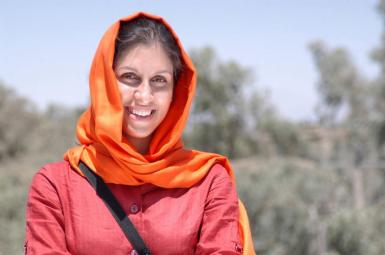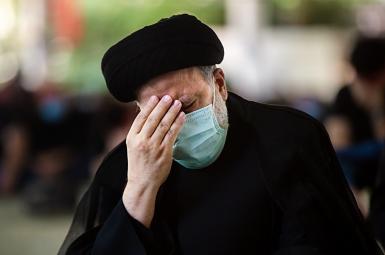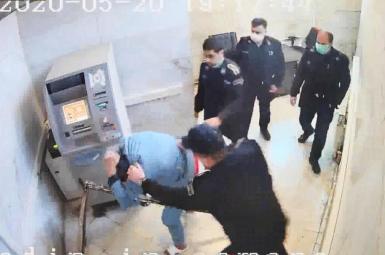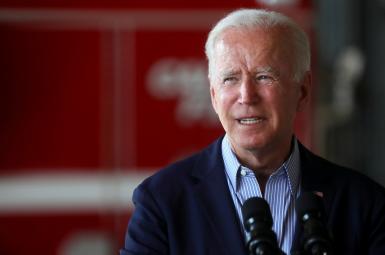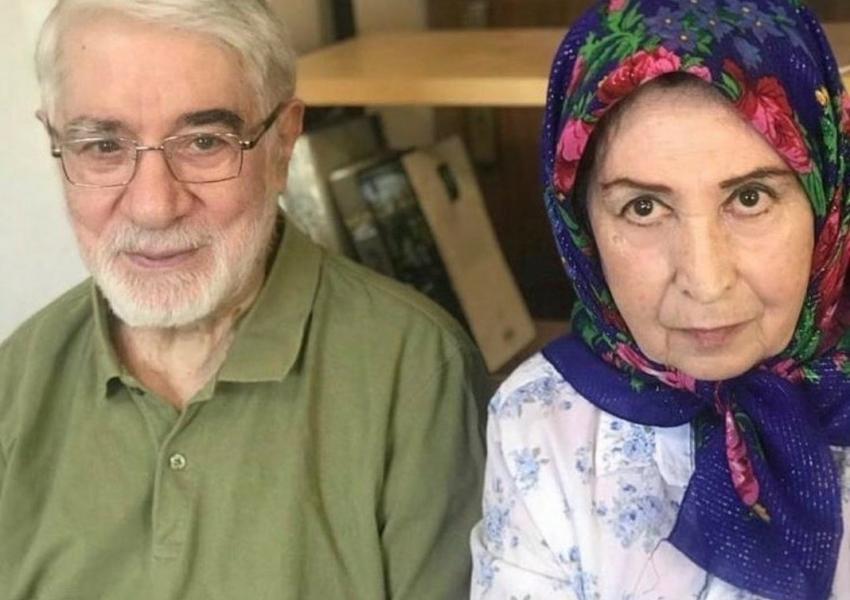
Iran Green Movement Leaders Mark Ten Years Under House Arrest
Amnesty International in a statement on the tenth anniversary of the house arrest of Iran’s Green Movement leaders Mir-Hossein Mousavi, his wife Zahra Rahnavard, and Mehdi Karroubi said their “unlawful and arbitrary detention” should end.
“A decade later, the political dissidents remain deprived of their right to liberty without charge or trial, with no possibility to challenge the lawfulness of their detention or seek effective remedy,” the statement of the international rights watchdog said, adding that the three were being held with the approval of Iran’s Supreme Leader Ali Khamenei.
Last week hundreds of activists, including former reformist parliament members and government officials and journalists, urged the authorities to lift the house arrest. Restrictions on the three leaders have been relaxed in the past two years and they have been able to meet family and a selected friends and former associates.
The national police chief, Esmail Ahmadi-Moghadam, in 2012 said the house arrest order had been issued by Khamenei. The following year the trio refused Khamenei’s request to apologize for inciting riots. In 2016 Ali Motahari, a leading member of parliament, said the leader wanted them to remain under house arrest.
Some among the Iranian Twitterati have expressed surprise that reformists have not taken civil action to mark the 10th anniversary of their leaders’ house arrest on February 14. “It was not far-fetched to think that the house arrest of Mousavi, Karroubi and Rahnavard last for ten years,” Shahin Milani, Executive Director of the United States-funded Iran Human Rights Documentation Center tweeted on Saturday. “But I can’t believe that reformists didn’t even initiate a Twitter storm on the occasion of the 10th anniversary of February 14. It’s as if nothing ever happened.”
While supporters in social media posts praised the three for their steadfastness, hardliners have reiterated that they should be put on trial, while others have called the whole matter “a dispute in the family,” meaning the Islamic Republic elite. Some, including monarchists, said they were traitors with no role in Iranian politics.
In an interview with Iran International TV on Saturday, journalist Morteza Kazemian said Rouhani, who had promised during the 2013 presidential election to help free the three Green Movement leaders, now had other priorities including the economy and US sanctions. Kazemian said that most supporters of the Green Movement had either attached themselves to Rouhani and his government or favored greater radicalism than offered by the Green Movement in 2009.
Mousavi, 79, who was prime minister from October 1981 to August 1989, and Karroubi, 83, former speaker of the Iranian parliament, were put on house arrest nearly two years after the disputed 2009 presidential elections, which they both lost to the re-elected Mahmoud Ahmadinejad.
Since Iran’s ‘reformist era’ of 1997 to 2005, when Mohammad Khatami was president, reformists have been largely marginalized. But they supported Rouhani in both the 2013 and 2017 presidential election because of his commitments to domestic reform and to international diplomacy aimed at easing international sanctions. The resignation of two ministers in 2019 reduced the reformist presence in Rouhani’s government.


